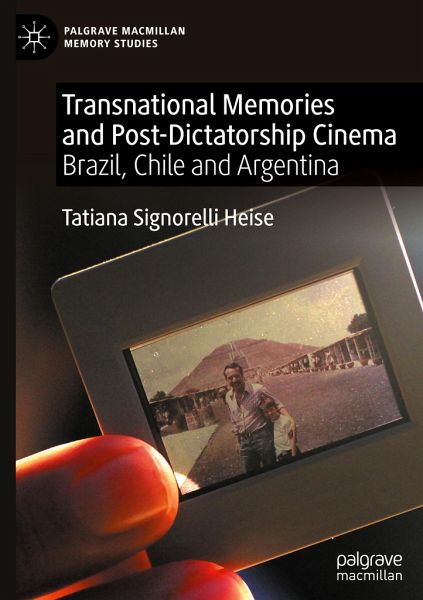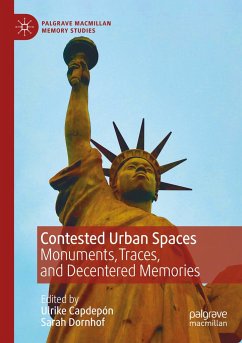
Transnational Memories and Post-Dictatorship Cinema
Brazil, Chile and Argentina
Versandkostenfrei!
Versandfertig in 6-10 Tagen
91,99 €
inkl. MwSt.
Weitere Ausgaben:

PAYBACK Punkte
46 °P sammeln!
This book investigates the role that cinemas in Brazil, Chile and Argentina have played in reconstructing memories of the most recent military dictatorships. These countries have undergone a distinctive post-dictatorship experience marked by unprecedented debates about human rights violations, the silencing of victims and accountability for state crimes. Meanwhile, politically committed filmmakers have created an extensive body of work addressing the dictatorship and its aftermath. This book employs a transnational and comparative approach to examine the strategies that these filmmakers have u...
This book investigates the role that cinemas in Brazil, Chile and Argentina have played in reconstructing memories of the most recent military dictatorships. These countries have undergone a distinctive post-dictatorship experience marked by unprecedented debates about human rights violations, the silencing of victims and accountability for state crimes. Meanwhile, politically committed filmmakers have created an extensive body of work addressing the dictatorship and its aftermath. This book employs a transnational and comparative approach to examine the strategies that these filmmakers have used to render visible what has remained hidden, to make reappear what has disappeared, and to reinterpret historical actors and events from a contemporary perspective. Through attention to the specific properties of the medium and the socio-historical context in which films have been made, it describes the different cinematic modes of remembering that emerged in response to wider memory frameworks in South America.












